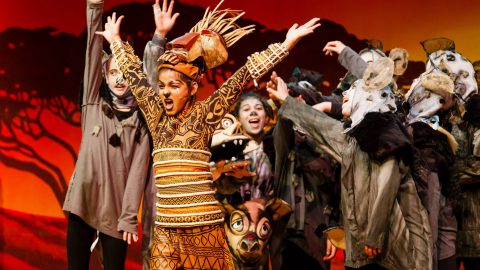Campbell House News
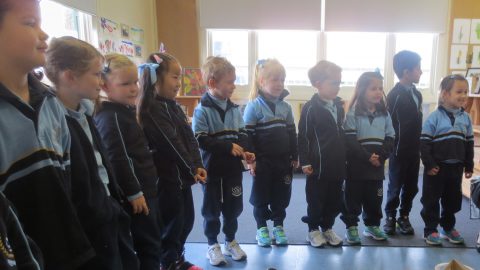
Early Years Learning Framework
The Early Years Learning Framework (EYLF), the National curriculum guideline for preschool children, is addressed well and attentively in Campbell House. The ELYF identifies the following five key areas of, learning and development known as ‘outcomes’. These form the basis of major pursuits across the two years of Campbell House learning. The outcomes are listed below:
- a strong sense of identity. This outcome includes the development of autonomy, interdependence and resilience are paralleled with intentional teaching which assists the development of care, empathy, interactions with others and respect.
- connections with the world. This outcome includes teaching children about the need to respect themselves and others and to look after their own and other’s belongings.
- a strong sense of wellbeing. This outcome identifies the need for children to develop a strong sense of social, emotional and spiritual wellbeing as well as promoting good health and physical wellbeing.
- involvement in their learning Key elements of learning, including curiosity, cooperation, creativity, commitment, persistence and imagination are included in this outcome.
- effective communication skills Symbols, patterns and the way they work to help us to communicate are essential components of this outcome. Verbal skills are encouraged in terms of interactions and expression of thoughts and needs and are accompanied by exposure to books and written text as a form of communication.
The Reggio Emilia approach in Campbell House
The Reggio Emilia approach utilised by staff, partners with the EYLF requirements in a wonderful and meaningful way. This leads to effective learning and teaching. The outcomes are met by capturing learners’ interests, engagement, igniting questions through discussions, materials and provocations and shared interests.
In order to maximise enjoyment and learning, it is vital that learners feel very connected and familiar with the other class members and staff. Learners identify themselves as a member of a group and it takes some time in order to secure trust, relationships and confidence in self and others.
Staff carefully nurture children through activities and provide opportunities to communicate through discussions, play stories, songs, drama and poetry games. They offer warm encouragement to share ideas, questions and suggestions.
Emphatically, staff work towards effecting a sound relationship between children. Staff assist students to identify themselves as ‘belonging’ and foster their desire to join together to learn and to have fun.
Outcome Two from the EYLF (listed above), sees children connected with and contributing to their community. Staff pursue this outcome consistently across the two years of the ELC. It is revisited on many occasions.
Waratah Room
The special events being held in the Early Learning Centre this term have led the children in the Waratah Room to explore the emotional connections they have within their relationships. In the lead up to Mother’s Day and our Grandparents’ and Special Visitors’ Day, children have participated in conversations about who they love and what love means to them.
Children were shown a series of emotional picture cards and were encouraged to ‘read’ the visual clues given in the images to determine the emotion that was being represented. Whilst participating in this discussion, children were encouraged to read each other’s visual clues in order to read each other – linking our discussion with real life situations.
We then focussed on one emotion in particular – love. Children determined love was visually presented by a kiss and a happy face, which led to our next discussion:
Who makes you feel love and why?
‘My sister, because she always does drawing with me. When we play mums and dads she lets me choose whichever character I want.’ – Ella
‘Grandma, daddy and mummy and daddy. Mummy and daddy and my brother give me cuddles.’ – Oliver
‘Mummy and daddy because they give me hugs and kisses before I go to bed and read a love story.’ – Catie
Tying our special events with emotion gave the children an opportunity to explore a different range of emotions whilst creating a stronger and more meaningful connection to our celebrations. These deeper connections with emotions also encourages children to consider them in their everyday interactions with each other and their environment.
-
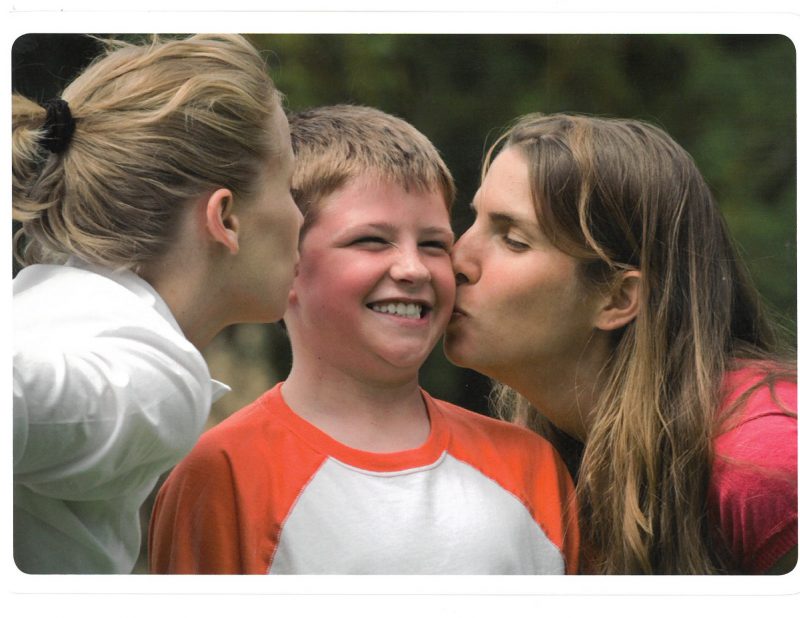
love
Why does this picture say ‘love’ to you? ‘Because they’re kissing him.’ - Ella ‘Because he’s happy.’ – Myfe
-
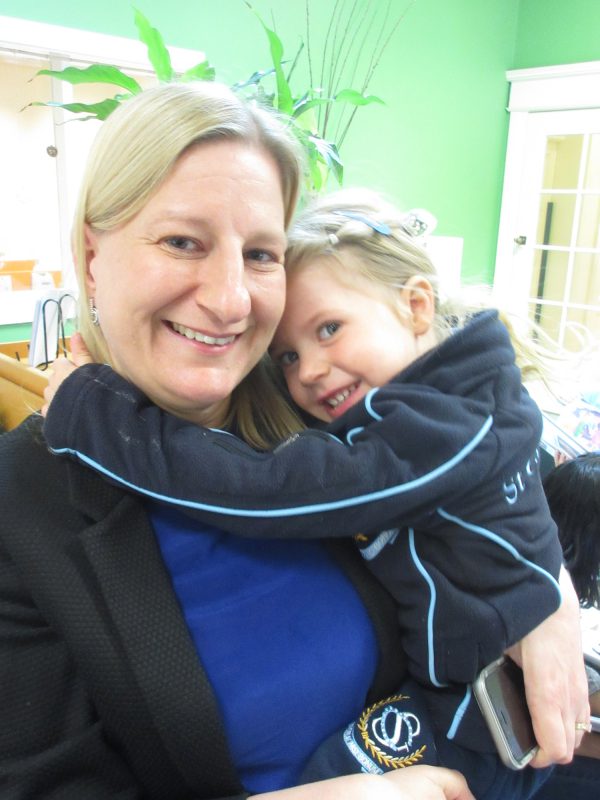
-
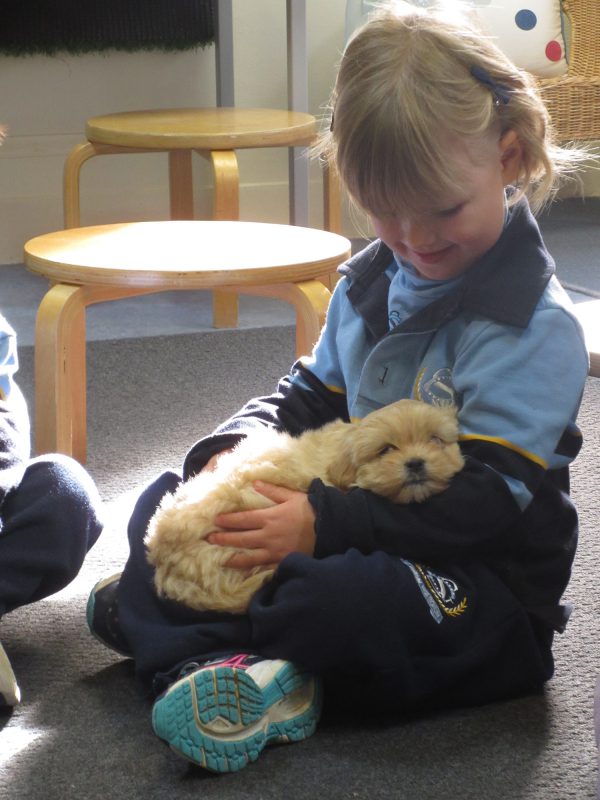
Mother’s Day Celebrations
In this edition of the Blue Ribbon, we feature some more photographs of the Mother’s Day celebrations held recently in the Waratah Room and the Banksia Room. See below.
-
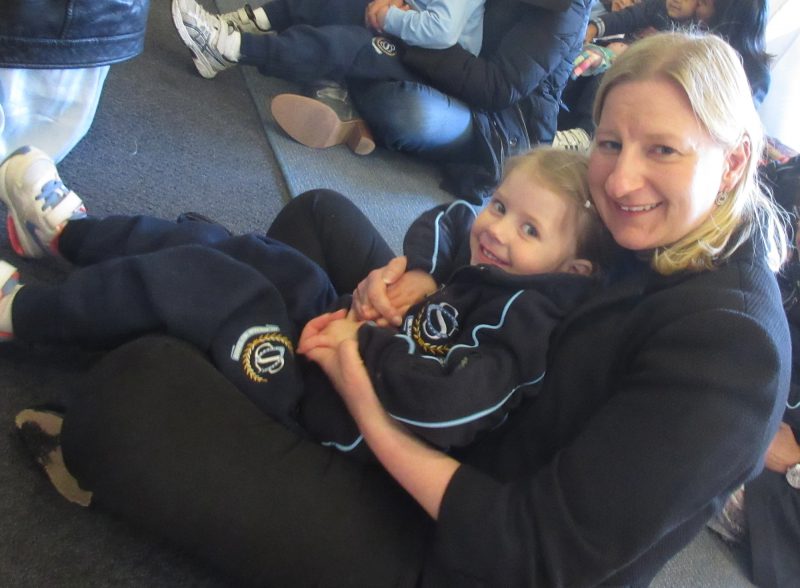
Sophie spending time with her mother during story time at our Mother’s Day Morning Tea.
-
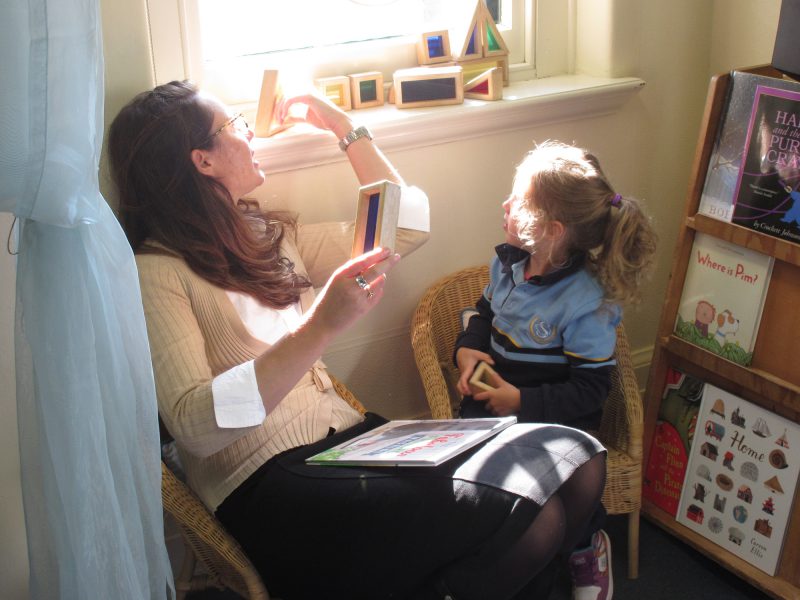
Chiara Fleury and Pia Nanut exploring the coloured blocks together after morning tea
-
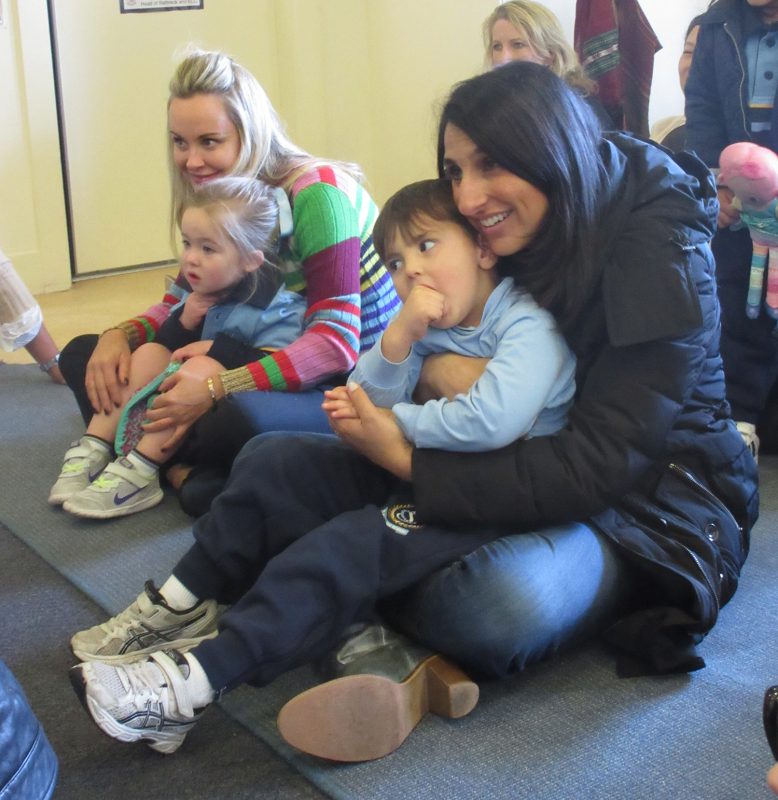
Story time before morning tea.
-
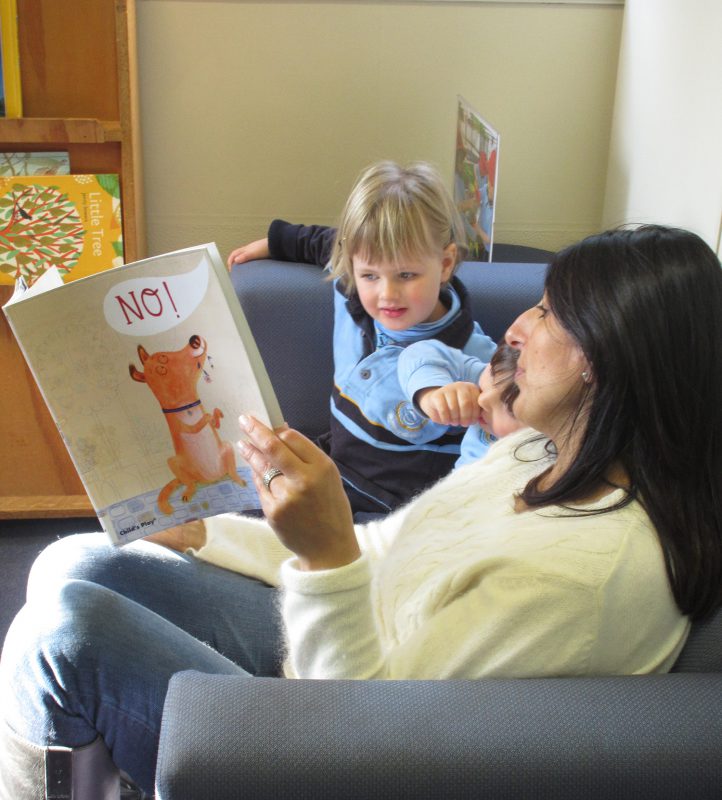
Jano Wells sharing a story with Aalto and Elizabeth
-
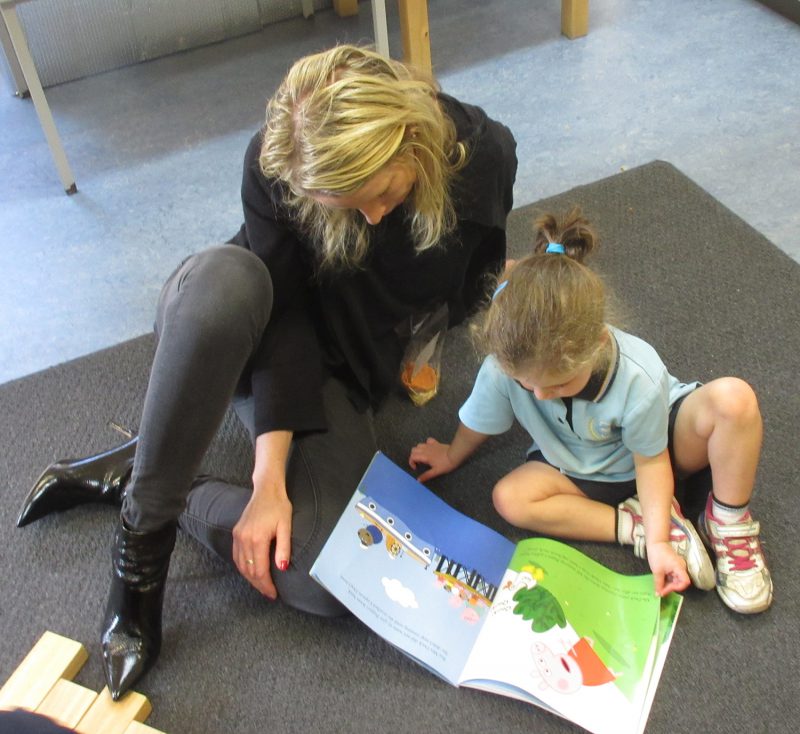
Angela Burr and Ella Greville sharing a story together after morning tea
-
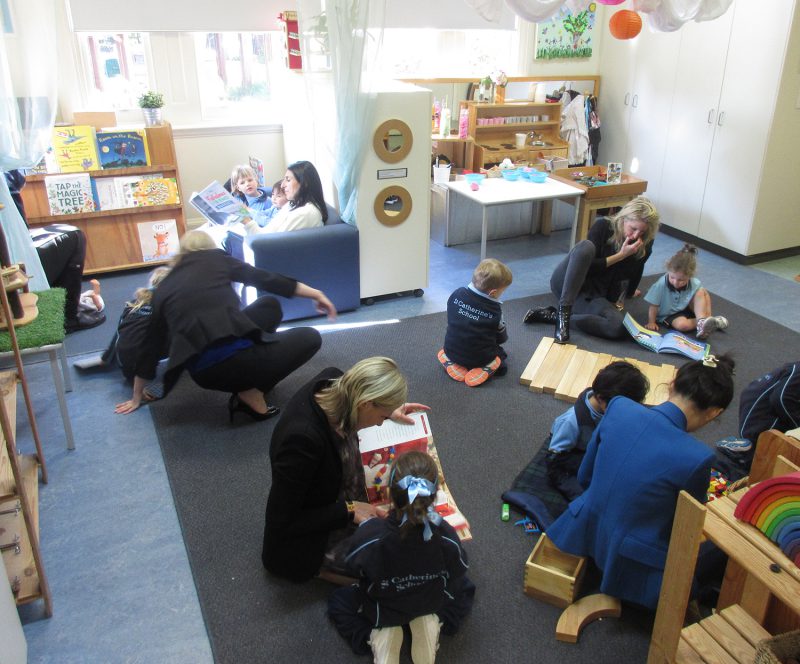
Our mothers spent time playing and reading with their children after sharing morning tea
-
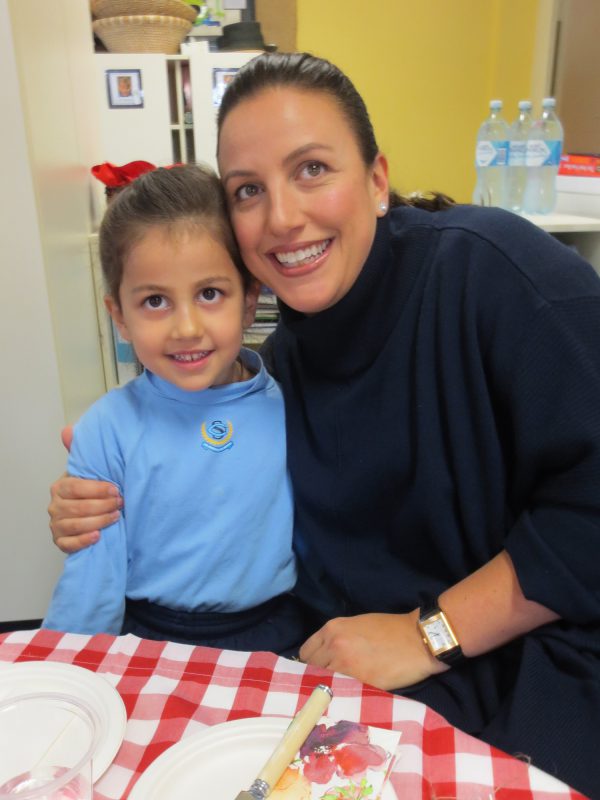
Soraya Leos and her Mum Emma Leos enjoying morning tea in the Banksia Room
-
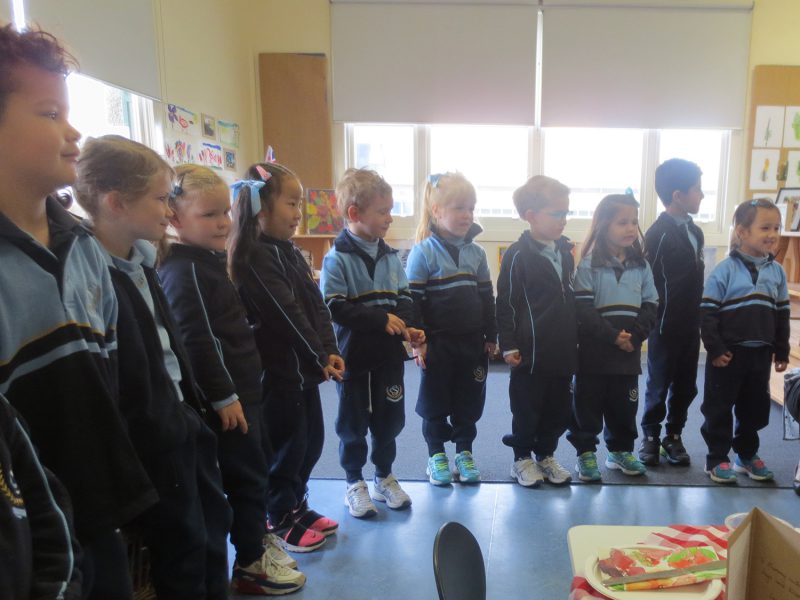
Banksia Room children sing songs for their Mums
-
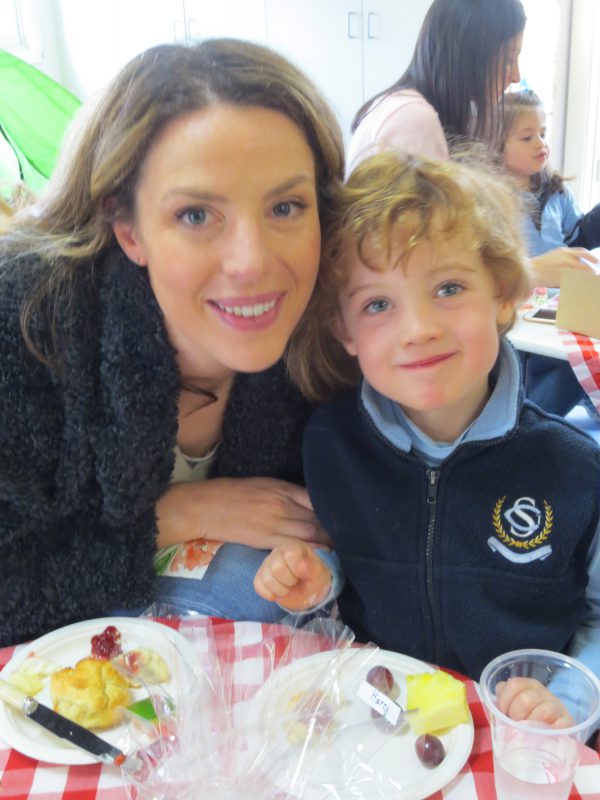
Harry Ward and his mum Hannah Ward enjoying morning tea in the Banksia Room
A special request to Barbreck families
ELC Playground Facility
Barbreck students are not permitted to play in the ELC playground after dismissal time. The exception is when children are attending the Out of School Hours Care Program on the day.
Coded gates should not be used by anyone who is not a current Campbell House family. The integrity of the coded system is very important. Barbreck students in Prep-Year 2 have numerous opportunities to play (during some gazetted lunchtimes) in the ELC playground but should not be using it after school.


